
Ghanaian preacher, Prophet Nicholas Osei, popularly known as Kumchacha, has called out commercial “trotro” drivers over what he described as manipulative and exploitative fare practices, especially during high-demand periods.
Speaking during an appearance on Neat FM, a visibly upset Kumchacha condemned the tendency of some drivers to ignore officially approved transport fares by the Ghana Private Road Transport Union (GPRTU).
MUST READ: Top 15 strongest currencies in Africa in 2025
He pointed out that in cities like Accra, especially during rainfall or traffic congestion, drivers often hike fares arbitrarily, taking advantage of desperate commuters.
In life, what you sow is what you reap
Kumchacha stated, warning that these unethical practices would eventually come back to haunt the drivers.
He criticised their habit of picking up and dropping off passengers midway not to aid them but to maximise profits by filling the vehicle multiple times for short distances.
READ ALSO: 10 largest military bases in the world
According to him, this leads to unnecessary stress and financial burdens on already struggling passengers.
After cheating people this way
Kumchacha continued,
they end up using all that money to solve unexpected problems. That’s the result of unfair gains.
“In this life, what you sow is what you reap”
— SIKAOFFICIAL???? (@SIKAOFFICIAL1) July 10, 2025
—Prophet Kumchacha has chastised Ghanaian drivers over some of their manipulative pricing methods, to make the most out of stranded commuters during peak rush hours. pic.twitter.com/dktXwVH2n2
His remarks echo the frustrations of many Ghanaians who deal daily with inconsistent and exploitative fare practices, especially in urban areas where transport services are already stretched.
READ MORE: g
Though regulatory bodies like the GPRTU issue standard fare lists, enforcement remains a challenge.
Though regulatory bodies like the GPRTU issue standard fare lists, enforcement remains a challenge.
Kumchacha’s comments add to the growing conversation around the need for greater accountability and fairness in Ghana’s public transportation system, where reliability, affordability, and ethics should not be sacrificed for profit.
Read Full Story



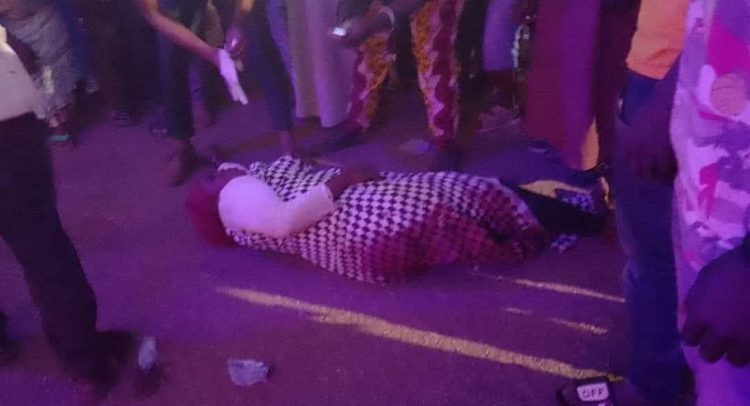







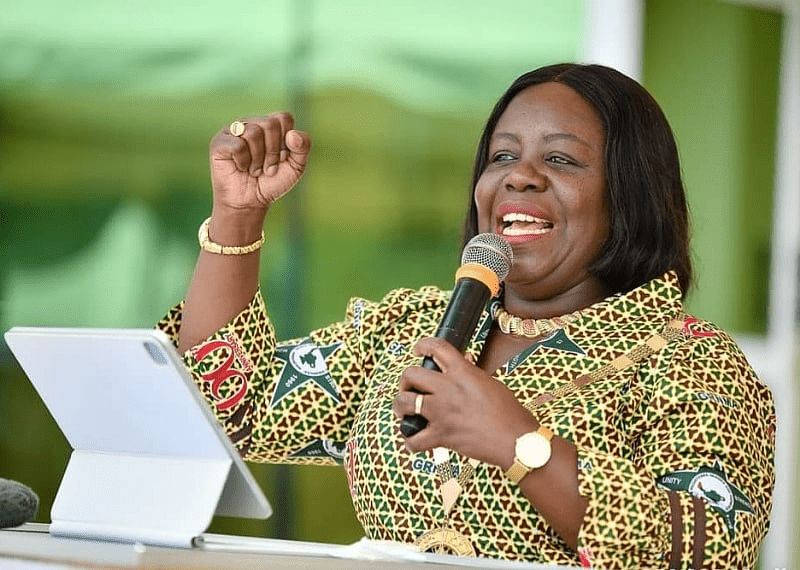


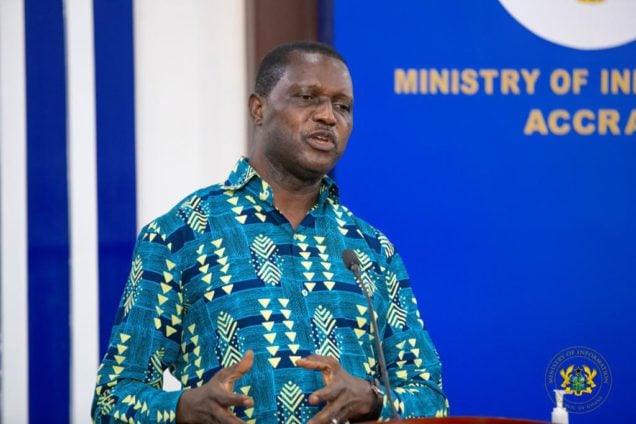


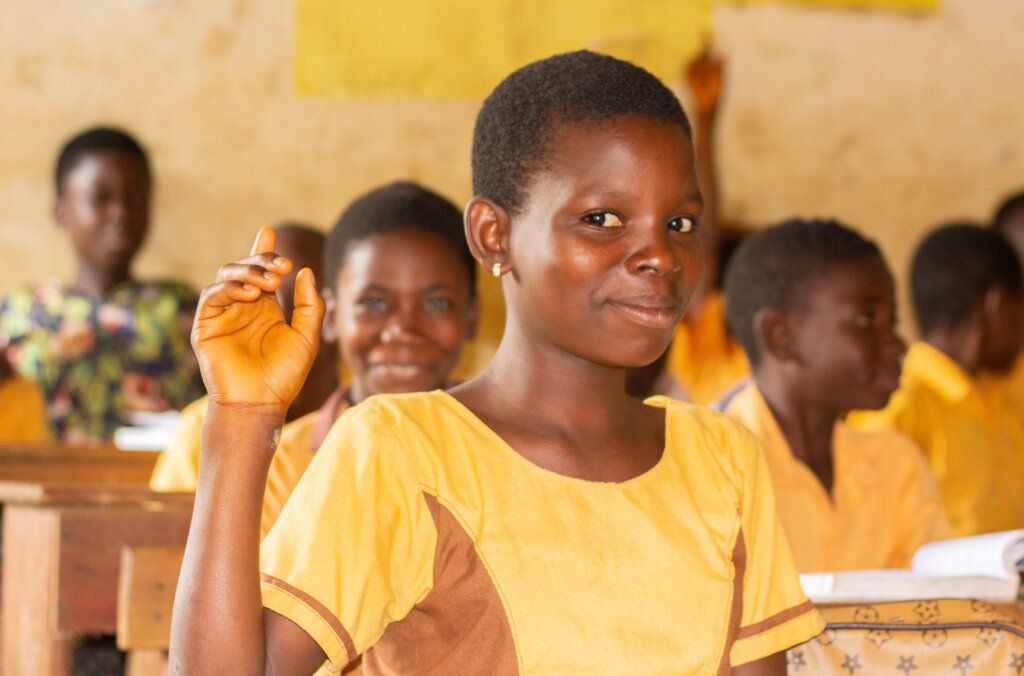

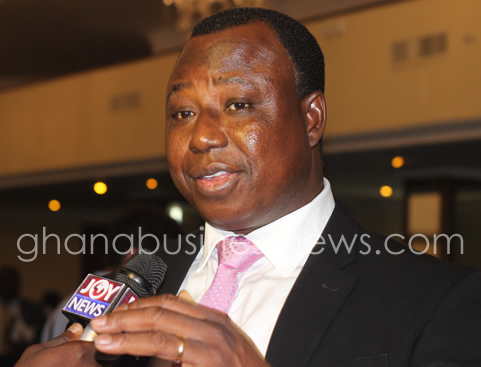


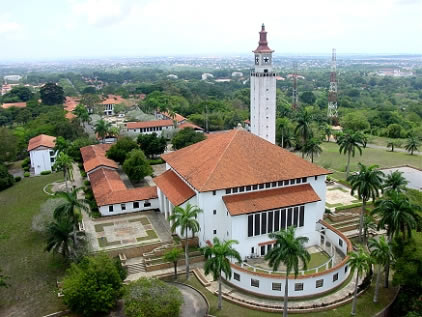
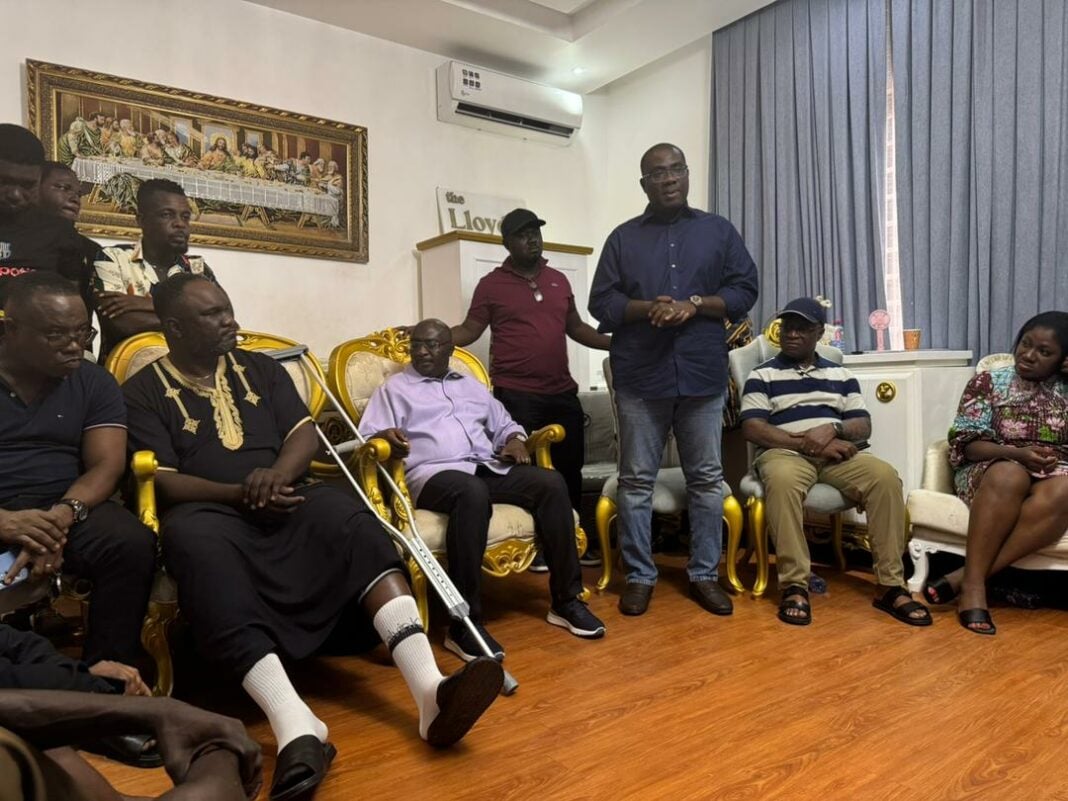

Facebook
Twitter
Pinterest
Instagram
Google+
YouTube
LinkedIn
RSS